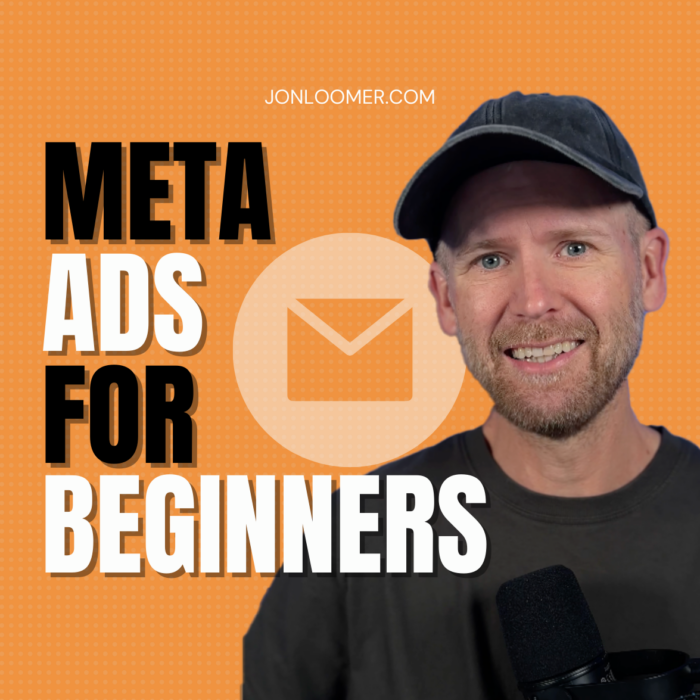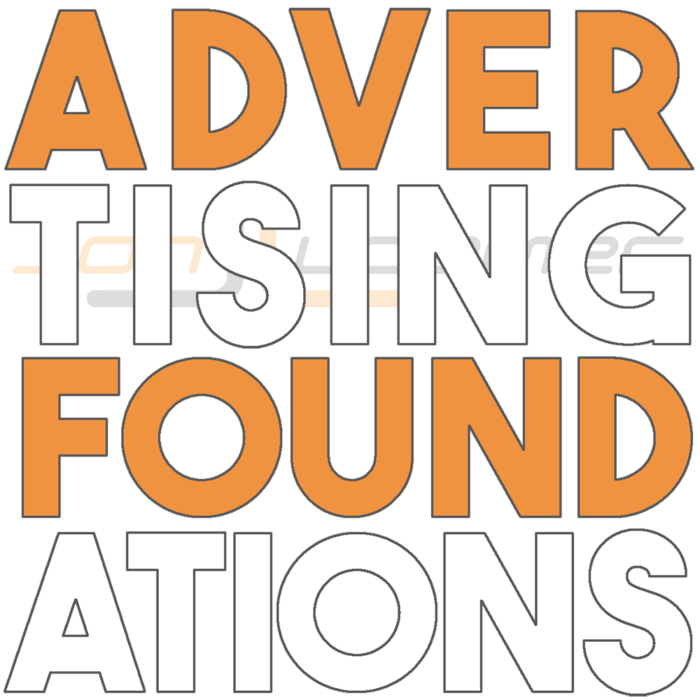We’ve all heard it: “Facebook ads don’t work.” Well, no. Facebook ads don’t work for you. The way that you’re using them.
But they can work.
Far too often, we blame the platform or algorithm or other mysterious things that we don’t understand to explain why we’re not getting better results. But if we change our relationship with how we view the platform, it leads to far more productivity.
Let me explain…
Facebook Ads Aren’t Magical
Look, don’t get this twisted. My response to the claim that Facebook ads don’t work isn’t that they always work. Facebook ads aren’t some magical switch that will make you rich.
But maybe part of the problem is that some advertisers hop into this believing the hype that they are magical. And when those magic beans don’t have the impact they expect, they’re disappointed.
The Many Critical Factors
The suggestion that “Facebook ads don’t work” oversimplifies a very complex system. It assumes that there are minimal options and it either works or it doesn’t.
Instead, this assumption merely says that you don’t want to put in the work. Because it will take work. There are so many factors that contribute to whether or not your ads are working and whether you get optimal results.
All of these things will impact your performance:
- Your industry
- Your offer
- Your product
- Product price
- Targeting
- OptimizationThe Performance Goal is chosen within the ad set and determines optimization and delivery. How you optimize impacts who sees your ad. Meta will show your ad to people most likely to perform your desired action. More
- BudgetA budget is an amount you're willing to spend on your Facebook campaigns or ad sets on a daily or lifetime basis. More
- Placements
- Competition
- Ad copy and creative
- Your website
And, of course, this is just scratching the surface. There are so many factors that we may not even know about that are influencing our performance from campaignThe campaign is the foundation of your Facebook ad. This is where you'll set an advertising objective, which defines what you want your ad to achieve. More to campaign.
You can’t test everything all at once, of course. But this is also why you can’t make a universal proclamation that Facebook ads won’t work for you. You haven’t tried every option.
Advantages and Disadvantages
Something else to keep in mind is that you may have limited, if any, control over some of these factors that weigh heavily on your ad performance.
For example, it’s likely to be far more difficult to generate interest and create profitable ads for a law firm than for a professional basketball team. The industry can be a built-in advantage or disadvantage. That doesn’t mean you can’t run effective ads as a law firm, but your results won’t be the same.
It’s also going to be easier for an established brand with a positive reputation to get good results compared to a completely new startup in a crowded industry. Again, that doesn’t make it hopeless for the startup, but the expectations should be different.
There are other issues that may not be directly within your control, but there is someone who is responsible for them who may need to be involved. A poorly performing website is a critical issue impacting the performance of your ads. You may not be able to change that, but how can you get around it?
Understand your built-in advantages and leverage them. But also know why it might be more difficult for you than someone else.
Be Realistic
Part of the issue is also a matter of being realistic. You can’t spend $50 per month promoting a $1,000 product and expect to get 10 sales. You shouldn’t expect to get any sales.
Understand industry benchmarks, but also know your built-in advantages and disadvantages. Set realistic goals so that you know whether the results you’re getting are actually “failures” or in line with expectations.
Understand How It Works
You can’t declare anything a failure if you don’t know how to use the tool. In order to find consistent success with Facebook ads, it’s important that you’re a student of the tool and thoroughly understand how it works.
What optimization should you use and why? What are the strengths and weaknesses of each?
What budget should you use and why? How does this impact your goals?
What should you experiment with? What are the levers you can pull?
You can’t do this blindly. It’s important that you have a full understanding of the tool.
Have a Long-Term Outlook
Your strategy should have multiple steps. You want to generate sales. Will you only run ads optimized for the purchase or will you focus on multiple stages of the funnel?
How is the Business ManagerEvery organization should have their own Business Manager to organize their assets (pages, ad accounts, pixels, and more), and then provide appropriate access to those assets to partners. More set up? Do the proper people have access? Do you have access to the audiences, custom conversionsCustom conversions let you create rules for events or URLs so that you can better track and optimize for specific actions with Facebook ads. More, pixels, pages, Instagram accounts, and assets that you’ll need?
Is the pixel set up properly with the Conversions APIConversions API provides a direct connection between your conversion results and Meta to be used for ad set optimization and reporting. Examples include both web and offline events. By using a Conversions API, you can send Meta a more complete picture of conversion activity to help improve your results. More? Have all of the events been created that you’ll want to use?
You will need to test and find what works and doesn’t work. You may want to create ads for every step of the funnel (awareness, lead building, and purchase). The customer journey isn’t necessarily short. It may take weeks or months.
It may take months before you see the true impact of your efforts. Be patient.
Take Responsibility
If you blame the tool, you’re neglecting your responsibility in the process. You’re suggesting that this thing should work and you have no impact on it.
That’s wrong. The tool is just the tool. You need to know how best to use the tool. You have a responsibility to apply your knowledge and expertise to make the most of it.
Don’t accept the first failure. Or the second. Keep trying and experimenting.
Watch Video
I recorded a video about this, too. Check it out below…
Your Turn
Anything you’d add?
Let me know in the comments below!







